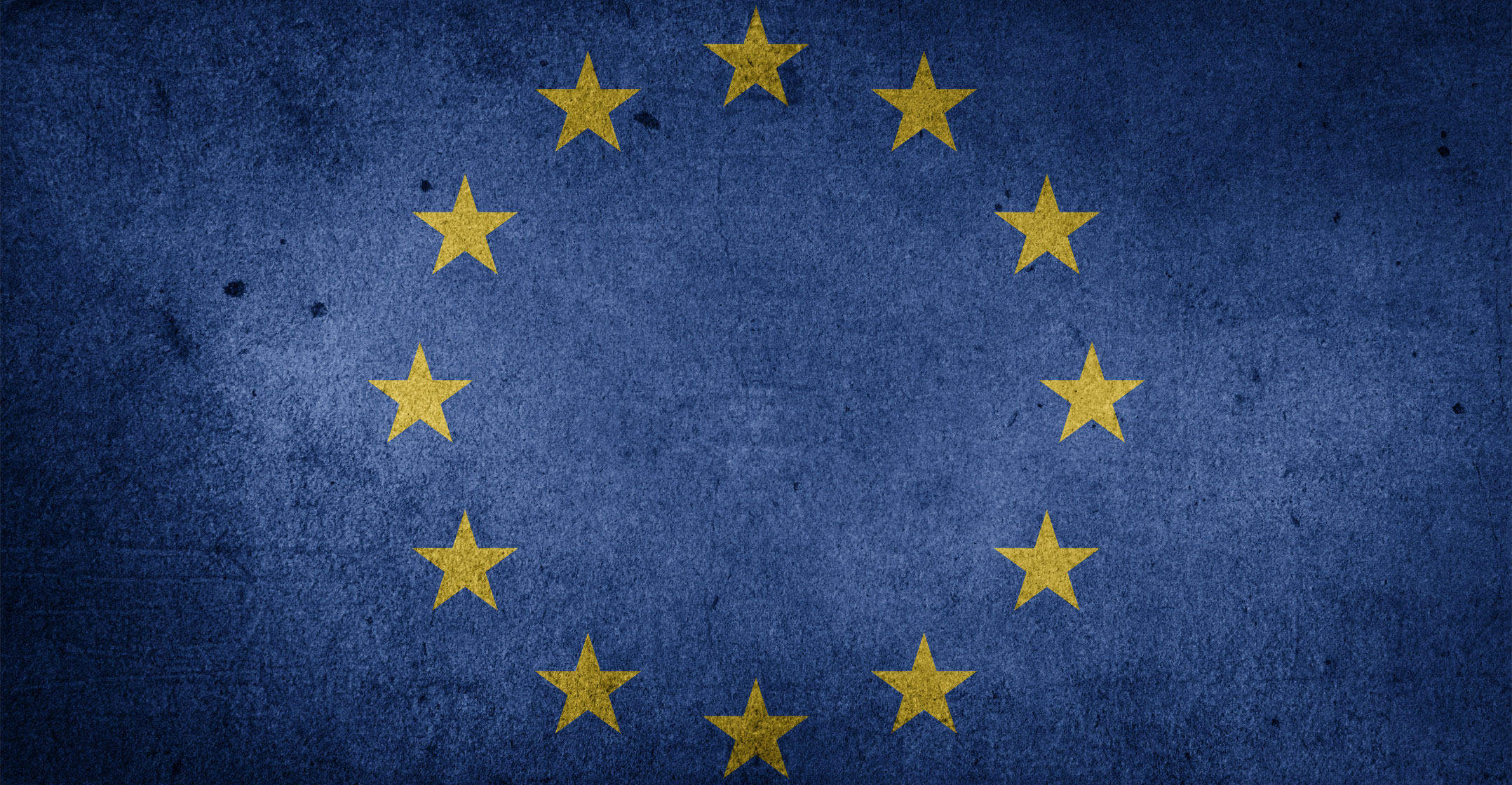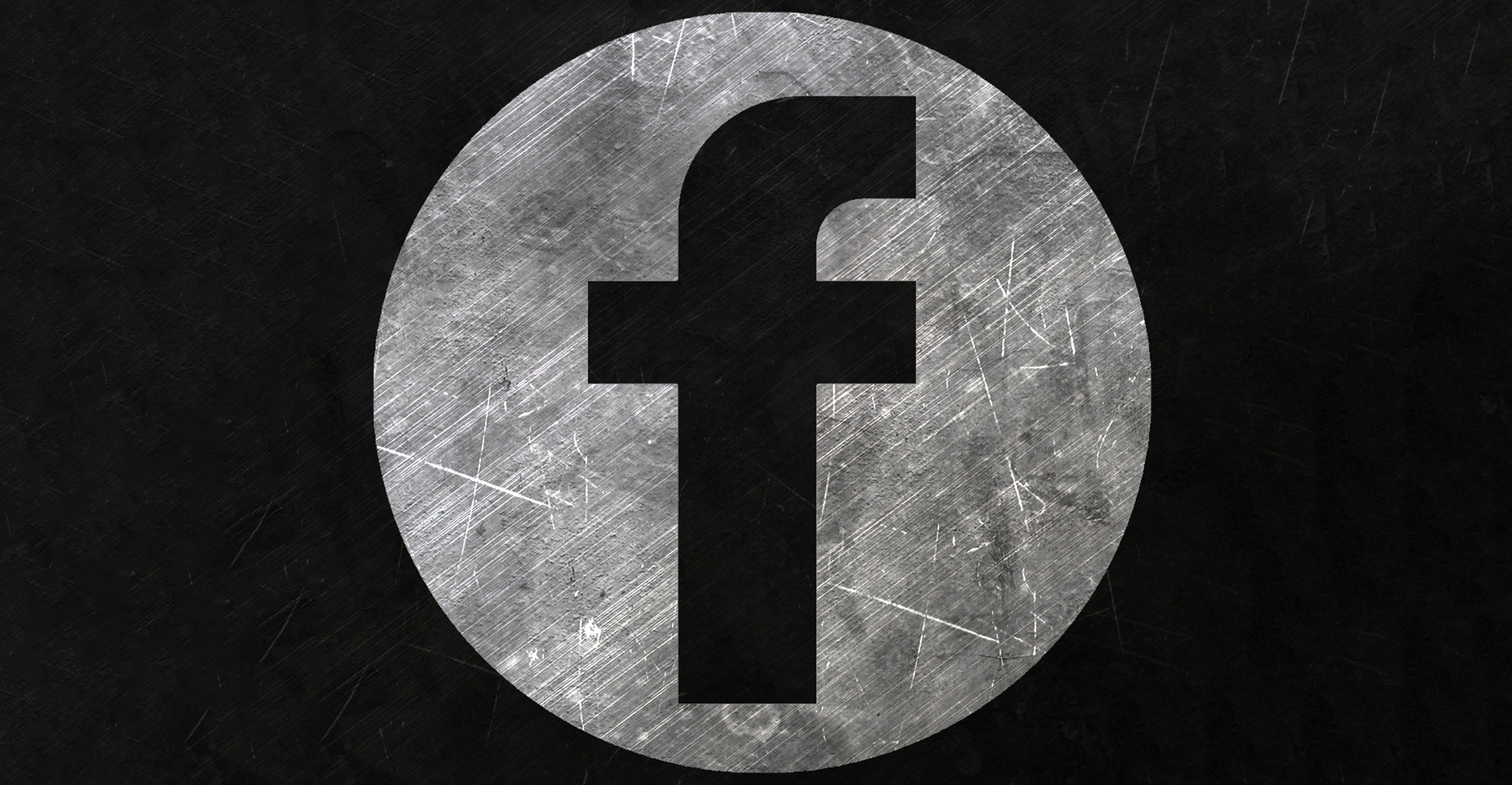 Online platforms will be required to compensate publishers and creators for the content that appears on their websites, under new European Union copyright rules that could shrink access to online media in Europe.
Online platforms will be required to compensate publishers and creators for the content that appears on their websites, under new European Union copyright rules that could shrink access to online media in Europe.
The new rules mean music producers and publishers could come gunning for more money from Google and Facebook to compensate for the display of their songs, video and news articles.
If artists and music producers refuse to grant platforms licences, tech firms will be required to remove or block uploads. And if platforms don’t negotiate licences with publishers, or if publishers don’t waive their rights, Web firms won’t be able to display longer fragments of news articles under headlines.
The rules “will enable creators to be remunerated fairly by large online platforms that today are siphoning the value of the creative sector while failing to compensate creators”, said Veronique Desbrosses, director-general of Gesac, a European umbrella association of authors and composers.
The legislation, proposed by the European Commission in 2016 and agreed to with the European parliament and member states on Wednesday, is designed to help artists, musicians, publishers and other creators get fair payment for use of their content online. But the copyright rules provoked years of lobbying on all sides, with free-speech activists saying they could result in censorship online.
In response to the copyright agreement, Google spokesman Damien Roemer said in a statement: “We’ll be studying the final text of the EU copyright directive and it will take some time to determine next steps.” He added that “the details will matter, so we welcome the chance to continue conversations across Europe”.
Google News
The search giant said recently it may pull its Google News service from Europe in response to the law, particularly if publishers aren’t allowed to waive their rights. It said it would take the decision reluctantly and only after analysing the final text. Google has already deactivated the product in Spain.
Facebook didn’t immediately respond to a request for comment. The Computer and Communications Industry Association, which represents Facebook and Google, said in a statement the rules are a “lost opportunity to achieve a balanced and future-proof EU copyright reform”, adding it could “harm online innovation, scale-ups, and restrict online freedoms in Europe”.
As part of the new rules, the EU is requiring tech firms to negotiate licences for songs or video clips before publishing user uploads of content that incorporates them. In situations where no licences are concluded, they are required to make “best efforts” to obtain authorisation, according to the EU. Platforms also have to do everything in their power to remove or block material that rights holders have flagged in advance and quickly remove any unauthorised content once notified.
 “This law will fundamentally change the Internet as we know it,” said Julia Reda, a member of the European parliament from Germany’s Pirate Party and staunch opponent of the copyright package on concerns of censorship. Platforms “will have no choice but to deploy upload filters, which are by their nature both expensive and error-prone”.
“This law will fundamentally change the Internet as we know it,” said Julia Reda, a member of the European parliament from Germany’s Pirate Party and staunch opponent of the copyright package on concerns of censorship. Platforms “will have no choice but to deploy upload filters, which are by their nature both expensive and error-prone”.
The bloc also agreed to grant publishers new legal rights to help them seek compensation from all types of online services that display longer fragments of their articles. “Very short” snippets and individual words, such as in hyperlinks, are not covered by the law, the EU said. And publishers, which often get significant Internet traffic to their sites from search and social, are allowed to waive their rights and let platforms display the content for free.
The rules create new liabilities for tech firms, chipping away at previous protections that absolved them of legal responsibility for what users posted on their sites. Those carve-outs were designed to help Web firms grow in the early days of the Internet but now officials want them to shoulder more responsibility for the material their users create, such as terror content, hate speech and fake news.
The agreement on copyright still needs to be rubber-stamped by the European parliament and the bloc’s member states, which is typically a formality. — Reported by Natalia Drozdiak, (c) 2019 Bloomberg LP

